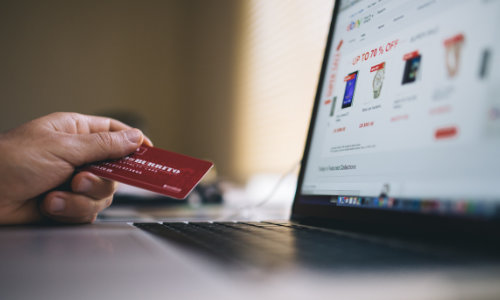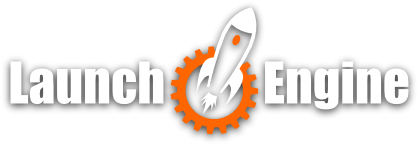 Safe web browsing and internet security is more important today than it has ever been. Everyday we hear about another major website being hacked and their service going down, or customer data being compromised. It happens to the best of them, Amazon, Twitter, Facebook, they have all experienced these problems, and the sad truth is, it could happen to your website too.
Safe web browsing and internet security is more important today than it has ever been. Everyday we hear about another major website being hacked and their service going down, or customer data being compromised. It happens to the best of them, Amazon, Twitter, Facebook, they have all experienced these problems, and the sad truth is, it could happen to your website too.
We need to be diligent in protecting our website and data by ensuring the web server software is up-to-date, that your Content Management System and plugin software is up-to-date, that security monitoring is in place, and website backups are running daily. But there is another step we can take to help protect our website and visitors, and that’s using SSL and HTTPS.
SSL stands for Secure Sockets Layer, and is the standard security technology used to create an encrypted link between a web server and the user’s web browser. Think of this connection like a tunnel between your website and your users. There is only one way in and one way out and all data sent between them is kept private and secure.
To create this secure connection you first need to purchase and install an SSL Certificate on your web server. You will need to answer a few questions about the identity of your company and website and then two cryptographic keys will be generated, a Private Key and a Public Key.
The Public Key is placed into a data file called a Certificate Signing Request (CRS) and is submitted to the Certification Authority that will validate your details and issue the SSL Certificate. Your web server will then match your issued SSL Certificate to your Private Key establishing an encrypted connection to your user’s web browser.
The encrypted connection is made over HTTPS (Hyper Text Transfer Protocol Secure) and will display https in the website address bar along with a closed padlock symbol.
Why do you need SSL?
SSL data encryption secures your website visitor’s connection, and when people see that padlock icon in the web address bar, they feel a little safer and trust visiting and shopping on your site. It also helps to limit your security liability knowing that the connection isn’t being compromised by a hacker trying to capture sensitive data.
Google and other search engines like secure websites. They are recommending you just by displaying your website in their search results. If they know your site is secured by SSL, they will be more likely to rank you higher in the results than your competition who aren’t using SSL.
If you have an e-commerce site, membership site, or are collecting some form of sensitive data, SSL is a must!
In the past to purchase, configure and install an SSL certificate on a website could get pretty expensive. But with the different options available today, it’s never been more affordable to secure your site.
All Launch Engine Websites include a FREE SSL certificate.
Have questions? Contact Mission Control today for a free, no obligation consultation with one of our Launch Specialists.
Owner of Current Media Group, creator of Launch Engine, designer, photographer, podcaster and overall tech geek.
